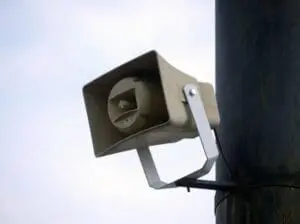Nearly 20 years ago, Josh Weese had minimal exposure to computer science in high school, only learning basic HTML coding and robotics. Today, he’s working to bring better computer science education to schools across Kansas through the Cyber Pipeline program at Kansas State University.
Weese, who co-directs the program, is part of a team that created an online course aimed at preparing teachers to offer computer science in schools. This initiative started after the state passed a law in 2022 requiring schools to offer computer science courses for graduation, though not mandating students take them.
The team, funded by state grants, developed a graduate certificate to teach current educators the basics of computer science and how to effectively teach it. This is especially helpful in rural districts, where resources are often limited.
In addition to providing free course materials, the program has helped 104 school districts, including 60 rural ones, and is working on expanding access to AP computer science exams for students. The goal is to ensure every Kansas high school student has a strong foundation in computer science, even if they don’t become computer scientists.
For Weese, who comes from a rural school district himself, the Cyber Pipeline helps show that computer science can be a valuable career for students, even in rural communities.













